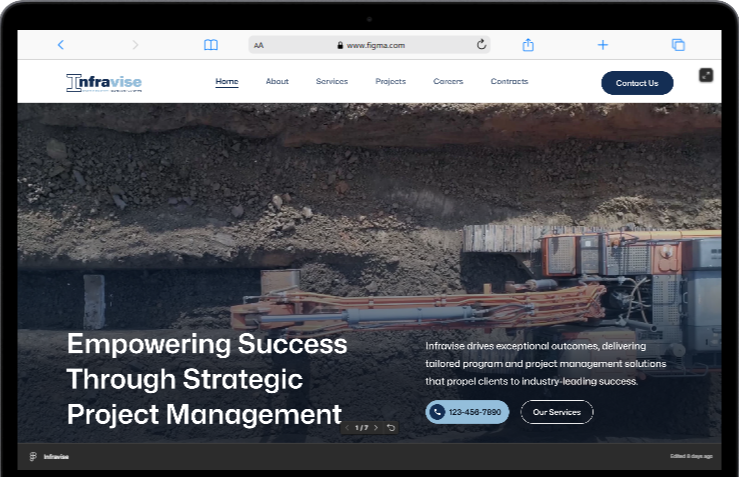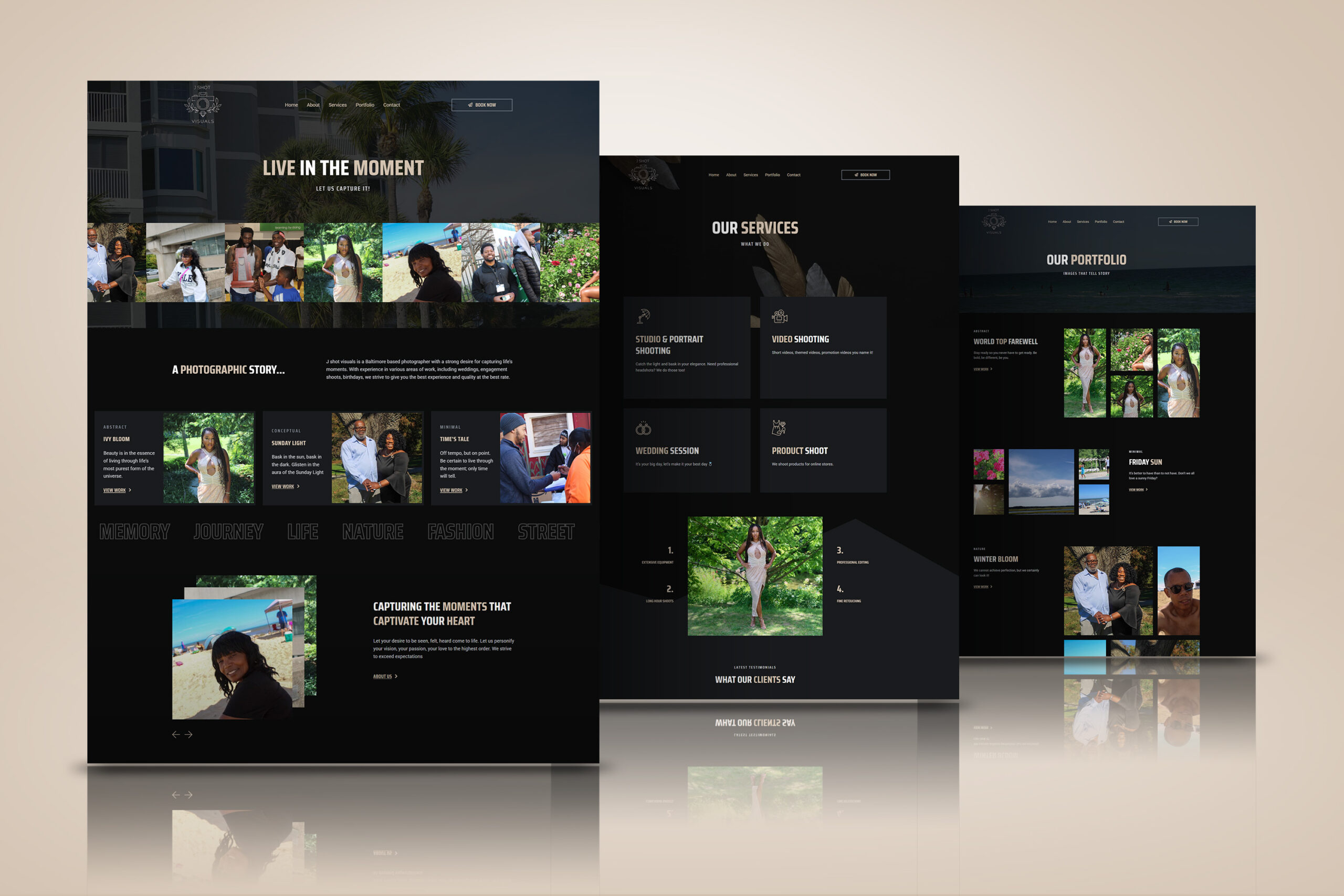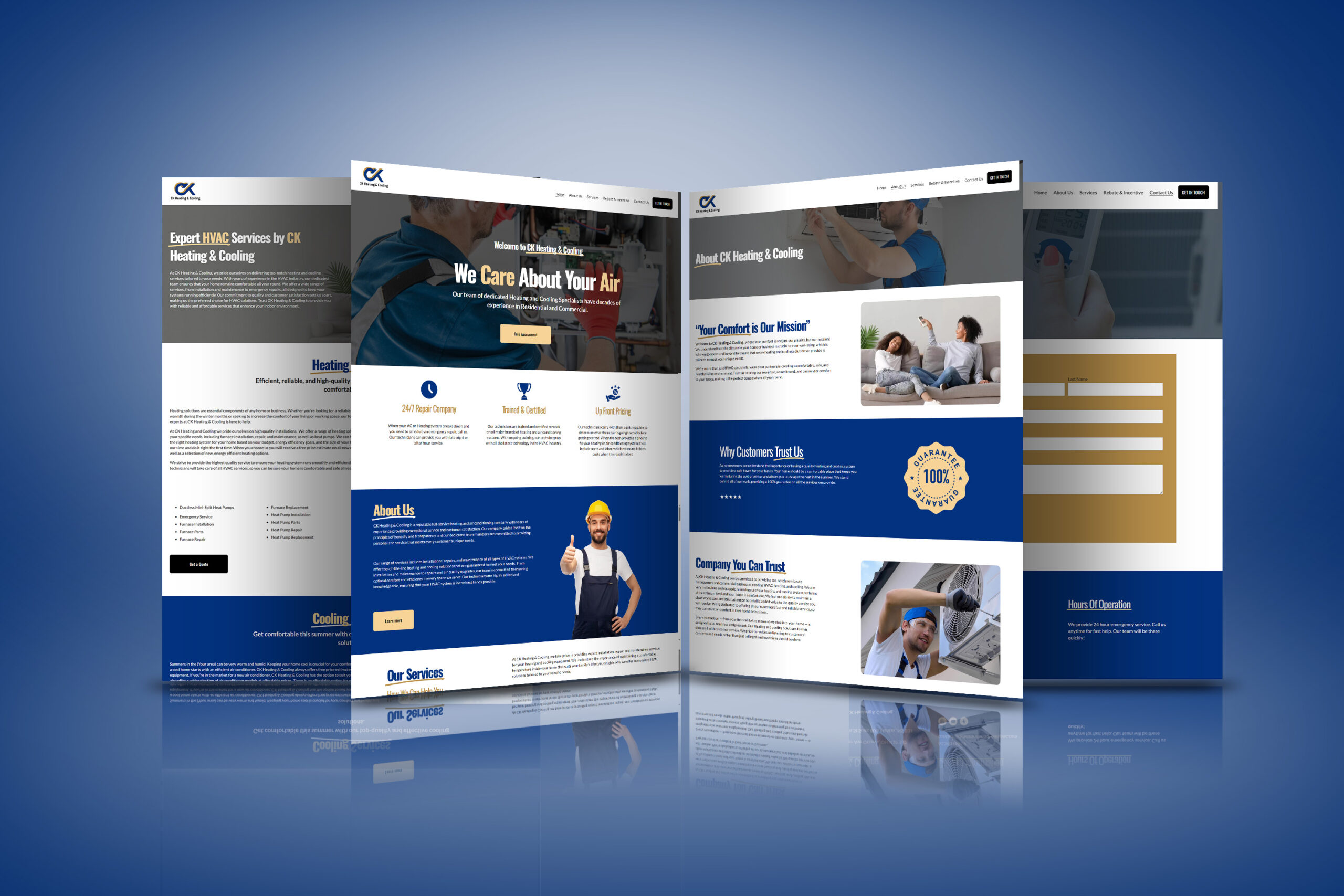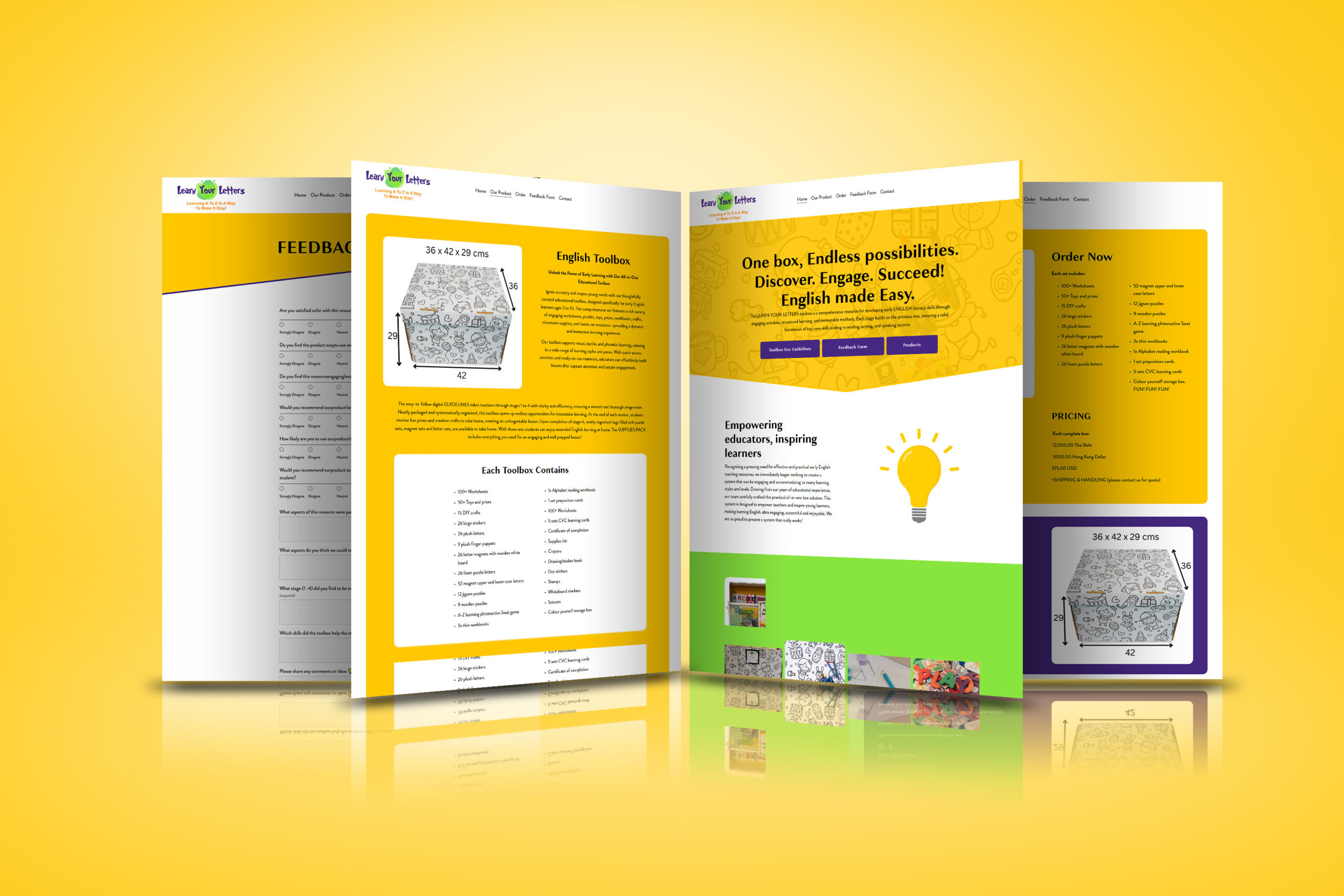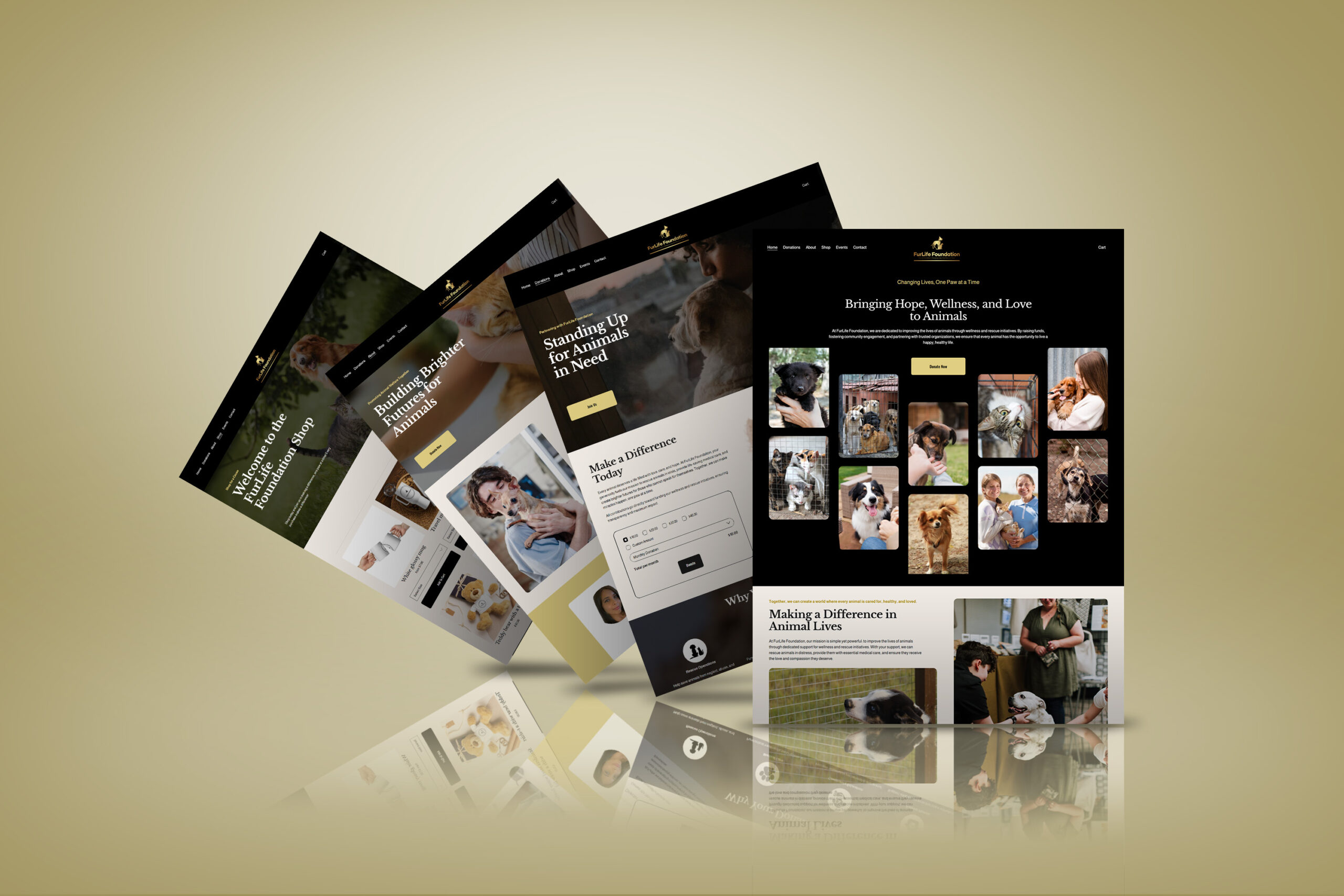Introduction: The Digital Dilemma
When building a website, one of the first major decisions is choosing between WordPress and custom-coded websites. Both options have their merits, but WordPress continues to dominate the web development landscape. Let’s explore why WordPress might be the better choice for your business.
Ease of Use and Accessibility
User-Friendly Interface
WordPress offers an intuitive, easy-to-navigate dashboard. Even beginners can create pages, upload content, and manage settings without writing a single line of code.
No Technical Expertise Required
Custom coding requires knowledge of programming languages like HTML, CSS, JavaScript, or PHP. WordPress eliminates this barrier, enabling anyone to build and manage a website.
Cost-Effectiveness
Affordable Development
Custom websites require developers to write code from scratch, leading to higher costs. WordPress offers free themes and plugins, significantly reducing initial expenses.
Lower Maintenance Costs
With WordPress, updates, backups, and security enhancements are often automated or managed through plugins. Custom websites may require ongoing developer support, which increases costs over time.
Speed and Efficiency
Faster Development Time
WordPress websites can be set up in hours or days. Custom-coded sites may take weeks or even months to build, depending on complexity.
Pre-Built Features
From contact forms to eCommerce capabilities, WordPress has plugins for nearly every function. Custom websites require features to be built from scratch, consuming more time and resources.
Flexibility and Customization
Thousands of Themes and Plugins
WordPress offers a vast library of themes and plugins, allowing you to customize your site’s appearance and functionality easily.
Adaptable to Any Business
Whether you’re running a blog, portfolio, eCommerce store, or corporate site, WordPress adapts to your needs. Custom sites may require developers to build every feature manually.
SEO and Marketing Benefits
SEO-Friendly Structure
WordPress is built with clean code, making it easier for search engines to index your site. SEO plugins like Yoast SEO further optimize content, meta descriptions, and keywords.
Social Media Integration
With WordPress, integrating social media platforms is straightforward, helping businesses expand their reach. Custom websites might require additional coding for such integrations.
Security and Updates
Regular Updates
WordPress frequently releases security patches and updates, keeping your site protected from vulnerabilities. Custom sites may rely on developers for ongoing maintenance and updates.
Reliable Security Plugins
WordPress has a wide range of security plugins like Wordfence and Sucuri. Custom-coded sites require security measures to be manually implemented, which may result in overlooked vulnerabilities.
Scalability and Performance
Easily Scalable
As your business grows, WordPress scales with you. You can expand functionality using plugins, add pages, and handle increased traffic effortlessly.
Performance Optimization
With caching plugins, content delivery networks (CDNs), and image optimization tools, WordPress sites can load quickly. Custom websites may require developers to optimize performance manually.
Community and Support
Large Community
WordPress has a massive global community. If you face issues, you’ll likely find tutorials, forums, or professionals ready to help. Custom-coded sites may rely solely on the original developer for support.
Continuous Improvements
The WordPress community continuously improves the platform, ensuring compatibility with modern technologies. Custom sites may require costly updates to keep up with trends.
Conclusion: The Smart Choice
While custom-coded websites offer complete control and unique functionalities, WordPress provides an accessible, cost-effective, and scalable solution suitable for most businesses. Unless you need a highly complex, specialized platform, WordPress remains the smarter choice for businesses looking to establish a strong online presence.



